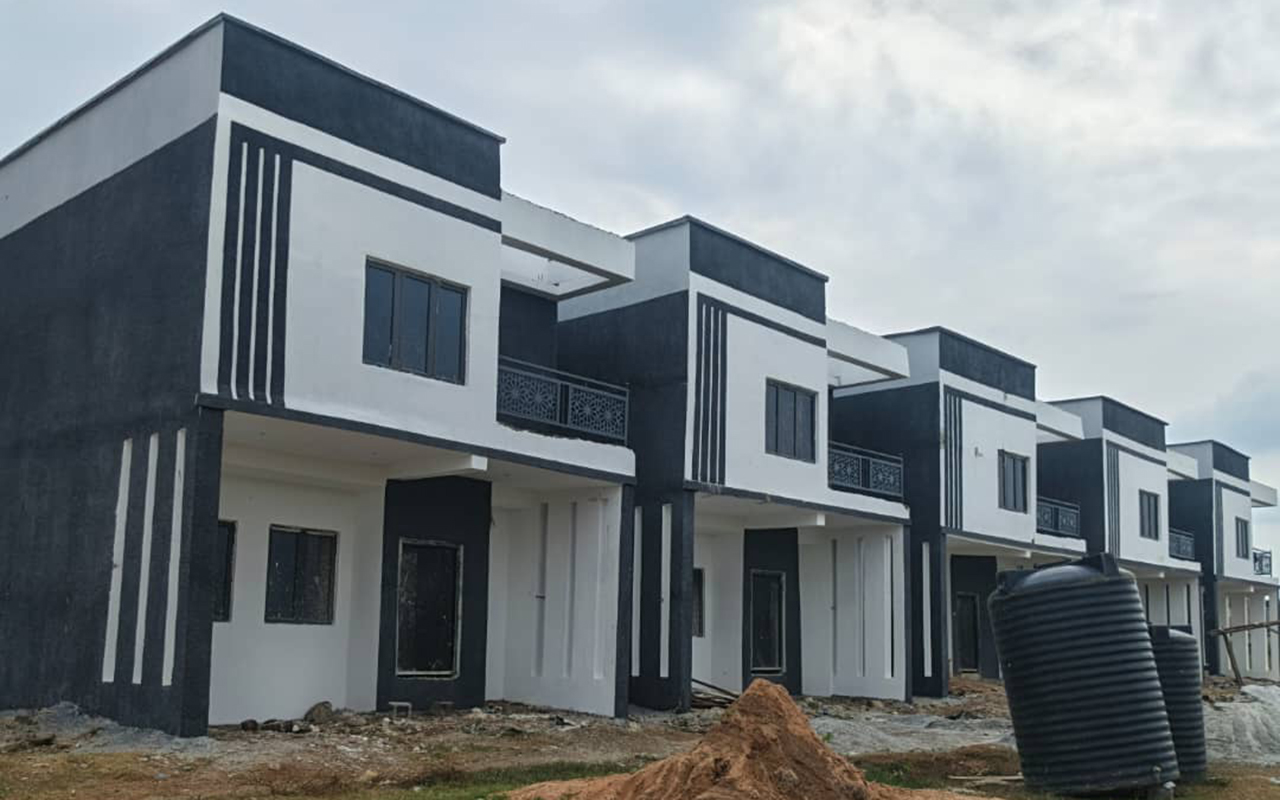Towards ensuring structural stability in projects, experts have called for compulsory soil tests before the commencement of construction activities.
A past president of the Nigerian Institution of Structural Engineers (NIStrustE), Dr Victor Oyenuga, led the call at the launch of a new book: “Concise Eurocode II Simplified Reinforced Concrete Design”, a reference design book for the construction industry authored by him.
The book launch, held at Babcock University, Ogun State, was attended by the Vice Chancellor of the University, Prof Ademola Tayo, professionals in the building industry, students, friends and family. It was part of the activities to mark the 70th birthday of the erudite structural engineer.
The book is part of Oyenuga’s contributions to scholarship and structural engineering practice. The nine-chapter book covers a wide range of elements of structural engineering, starting from the fundamentals to the application of Eurocodes, design of load-bearing walls and frame structures, self-supporting floor and waffle slabs.
It also discusses column and foundation designs extensively, making the book a textbook for civil/structural engineering students and a quick reference material for veteran designers, contractors and project managers.
Oyenuga explained that there was a need to determine the soil test at various construction location sites and the depth of construction design for each location, thereby averting structural failures. He said the book will serve as a guide and documented knowledge in assisting budding and experienced professionals in construction and housing sectors to design right, as well as prevent cases of building collapse in the country.
A former president of the institution, R.A Sanni, who reviewed the book, said one of the main causes of building collapse is error in the design of such buildings. He said the book is timely because it provides readily available information for civil and structural engineers, students and contractors to facilitate stable and robust structural designs, thereby preventing building collapses.
He said Nigeria is supposed to have a national building design parameter, which needs to be developed by relevant institutions and stakeholders.
The 118-page book gives the design lifespan of a building to be 50 years, while that of the design of bridges, columns and other structures is 100 years.
It emphasised the need for soil tests in various locations in Lagos and the need for structural engineers to oversee structural design for buildings.
“It also gives the background of Eurocode. The book is well detailed, illustrated with various diagrams and loaded with all kinds of examples that readers can follow and highly recommended for all.”
The past president, Nigerian Society of Engineers (NSE)/past president, Council for the Regulation of Engineering in Nigeria (COREN) Kashim Ali, in his foreword to the book, said at a time like this, when the spate of falling buildings is not abating, the book comes in handy for designers to sharpen their skills, while the quacks and their promoters, seeing the complex calculations that go into structural designs could conclude that the turf isn’t an all comers.
He said the author’s penchant for the use of simple language and worked examples makes the book user-friendly. “This speaks to his sincerity of purpose, which I have known him for since our paths crossed over three decades ago. Oyenuga has sacrificed so much of his resources in the service of the profession.
“He has been that engineer one would call whenever there was a structural failure, especially in the Lagos area. He would work assiduously, a lot of times representing the Council for the Regulation of Engineering in Nigeria (COREN) in its partnership with the Nigerian Building and Road Research Institute (NBRRI) on structural failure analysis in Nigeria,” Ali said.
He recommended the book to all students of civil/structural engineering, young engineers, designers and engineering institutions.
On his part, the Vice Chancellor of Babcock University, Prof Tayo, lauded the author for making an indelible mark in the university campus without expecting rewards, adding that through his support, the institution hasn’t recorded any cases of building collapses.
He promised to ensure that the book is patronised by the school and that the university will seek his support in impacting knowledge on the students.






